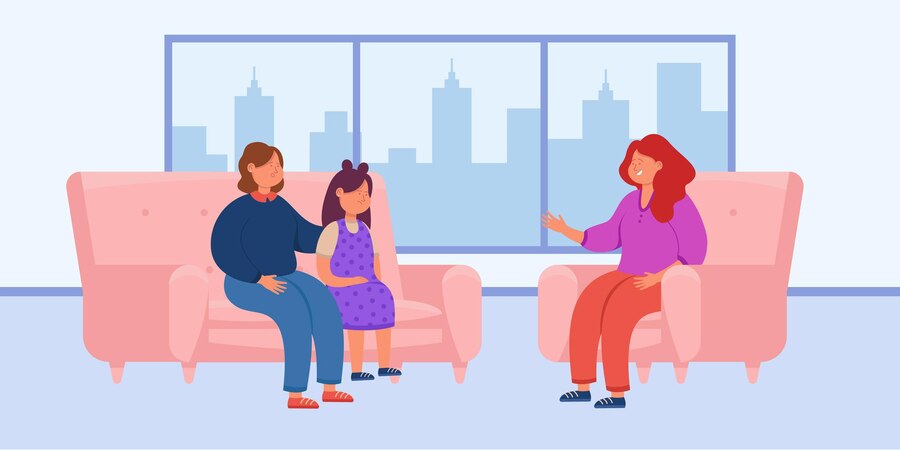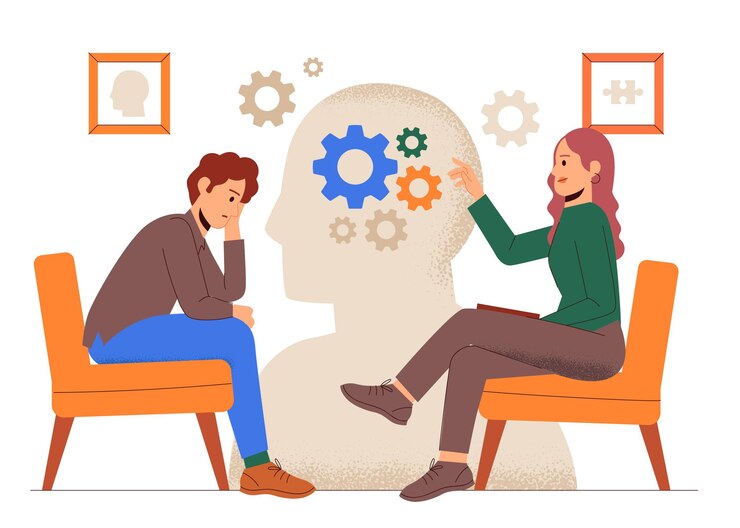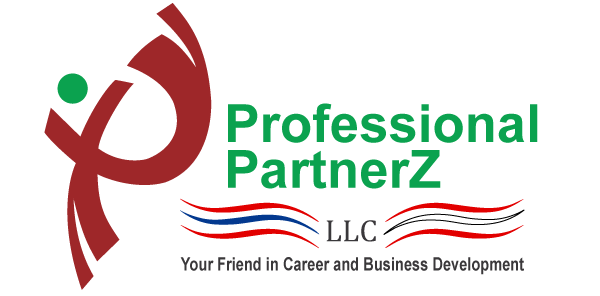Counselling For Parents
For more information, please click here

If your child is struggling with emotional difficulties or behavior problems, or if he or she has gone through a difficult or traumatic situation, as a parent you are likely to be feeling:
◉ Worried or concerned about your child
◉ Powerless or helpless because what you are doing may not be working and you don't know what to do to change things
◉ Angry and frustrated with your child's behaviors
◉ Confused and uncertain as to what is really the best way to parent
◉ Guilty or ashamed that somehow you may have failed as a parent
◉ Discouraged and inadequate because your child is experiencing problems
◉ You will be supported in identifying and expressing your feelings related to your child's difficulties so that these feelings will not interfere with your parenting
◉ You will be supported in exploring various ways of interacting with your child that will improve the relationship between you and your child
◉ You can learn new parenting skills and behavior management strategies
◉ You will be updated on your child's progress if he or she is involved in play therapy; you are provided with the general themes the child is expressing in play therapy and ideas to work adaptively with the child at home; additionally, you will have an opportunity to provide me with information about significant changes in your child's behavior as well as to update me on important events that have occurred between play sessions
◉ You can learn specialized therapeutic parenting techniques, such as advanced listening and comforting techniques, if your child has experienced a stressful or traumatic event; children exposed to a trauma usually need therapeutic parenting following the trauma; normal parenting practices are often not sufficient to help the child heal and recover from the trauma
◉ You will be supported in dealing with other issues causing stress in your life that may be impacting on your ability to help your child
Counselling For Students/ Children
For more information, please click here

The term ‘counselling’ may mean different things to different people. At the Student Counselling Service, we offer support for all students’ mental and emotional health and wellbeing, mostly in the form of short-term counselling. Many people resolve their problems by talking to friends, family or perhaps someone in their department. Others find looking on-line for information about their concerns helpful. However, there are also times when you need more than this, to talk to someone from outside your day to day life, and this is when the Counselling Service may be helpful. Counselling can help you to focus on and understand more clearly issues which concern you, and make choices or changes which are right for you. This is effective for help with a wide range of personal, developmental and academic problems.
Counselling involves a series of sessions where the counsellor and student talk about the student’s issues and feelings. The sessions take place at a regular, agreed time. Counselling may involve talking about life events, feelings, emotions, relationships, and ways of thinking and patterns of behavior. The counsellor will listen, encourage and empathize, but will also challenge to help the student to see their issues more clearly or in a different way.
Counselling is not about giving advice or opinions, nor is it a friendly chat with a friend. The counsellor helps the student to understand themselves better and find their own solutions to resolve or cope with their situation.
Career Counseling
Career counseling, also known as career guidance, is counseling designed to help with choosing, changing, or leaving a career and is available at any stage in life. One’s career is often one of the most important aspects of adulthood, and embarking on a new career, whether for the first time, the second time, or any time thereafter, can be a stressful event, especially when economic difficulties such as recession are a factor. A career counselor can help by outlining and discussing one’s potential career options.
A career counselor is trained to provide career information resources, discuss career development, and administer and interpret aptitude and ability assessments. Students might see a guidance counselor in high school before applying to college and then again in college before choosing or changing majors, but career counseling can help anyone who wishes to change careers, leave work altogether, or explore ways to be more satisfied with a current career.
Choosing a Career
Choosing a career is an important task, but it may also be a difficult one. It may not be easy to decide what type of job will be the best fit, and since career counseling helps people assess their skills, needs, and desires in order to find a career that works for them, this type of counseling is considered to be an important step to take before deciding on a permanent career. Researching a wide variety of potential careers may be overwhelming, and information on the skill sets and education needed for a particular position may be contradictory or difficult to find. A career counselor will often be able to provide valuable information in these areas and others.
How Career Counseling Can Help
In a career counseling session, the counselor will help a person explore skills and strengths, consider education levels and give advice about continuing education, and determine interests and personality type.
Some potential topics of discussion in career counseling:
• Particular skills or talents. In which careers might they be useful?
• The educational commitment required of various careers.
• The potential earnings of various careers.
• The daily working environment. Some people enjoy working in an office, while others might be more successful in a fast-paced or outdoor environment.
• The opportunities for change or advancement in a particular career. Some careers are more flexible than others. Lawyers and doctors, for example, may shift their focus or area of specialty but will generally remain lawyers and doctors. Other careers or education paths might more allow mobility between positions in a given field.
• The necessary skills/education for a desired career.
